Learn which type of sleep test is right for you
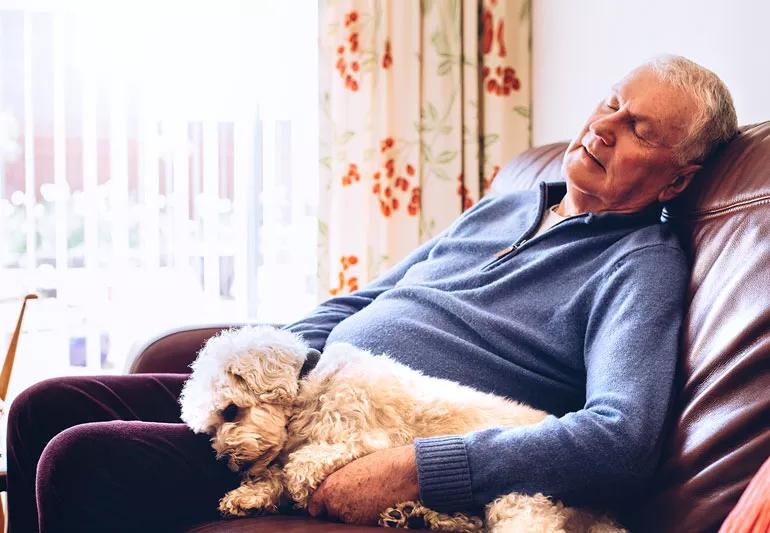
As many as 80% of people with obstructive sleep apnea (OSA) are undiagnosed. That means they don’t get the treatment they need to improve their sleep and reduce their risk of serious diseases.
Advertisement
Cleveland Clinic is a non-profit academic medical center. Advertising on our site helps support our mission. We do not endorse non-Cleveland Clinic products or services. Policy
Fortunately, diagnosis is becoming easier as access to in-lab sleep studies improves, says Nancy Foldvary-Schaefer, DO, MS, Director of Cleveland Clinic’s Sleep Disorders Center. And many patients can benefit from simpler home sleep testing.
Before asking about a sleep test, answer these questions:
Dr. Foldvary-Schaefer says, “If you say yes to at least three of eight questions, you have a high probability of OSA.”
A “yes” to three of eight questions also means you may be a prime candidate for home sleep testing.
We just want to prove a diagnosis, so we can start treatment. If we can prove it on a home sleep test at a lower cost, we will do so.
Home testing is a stripped-down version of what occurs in a lab-based sleep test. That may sound appealing to all patients, but home testing is just for people with a high probability of OSA who do not have other sleep disorders, such as restless legs syndrome or insomnia, or medical disorders, such as cardiac arrhythmias or heart failure.
Advertisement
For a home test, typically you will receive education from a sleep technologist first. Then you will receive a home kit with simple instructions for use. Over the course of a night’s sleep, four sensors will measure the airflow through your mouth and nose, movements in your chest wall, your oxygen levels and your heart rate.
If the testing confirms OSA, you’ll be ready to get the treatment you need.
Home testing isn’t for everybody. It is used to confirm the diagnosis of OSA when suspected clinically, Dr. Foldvary-Schaefer says, because it doesn’t differentiate mild disease from normal sleep.
It also doesn’t work for people whose probability of OSA is unclear, such as those who do not meet many of the criteria in the eight questions above. For these people, as well as those with certain heart and neurological conditions, a sleep test in the lab (polysomnogram) is still the gold standard.
Where home testing measures four parameters, in-lab testing measures up to 20, including brain waves, leg movements, carbon dioxide levels and others. The goal is to offer a more precise diagnosis in more complicated cases.
Many people are nervous about lab tests, but sleep centers try to mimic the home environment as much as possible, with comfortable beds and a hotel-like atmosphere. You’re encouraged to bring everything you need for your usual bedtime routine: reading materials, medications, your favorite pillow.
“Most people won’t sleep like they do at home,” Dr. Foldvary-Schaefer says. “But if we’re able to capture a few hours of sleep, we usually get what we need to make a diagnosis and help patients get treated.”
Advertisement
Learn more about our editorial process.
Advertisement
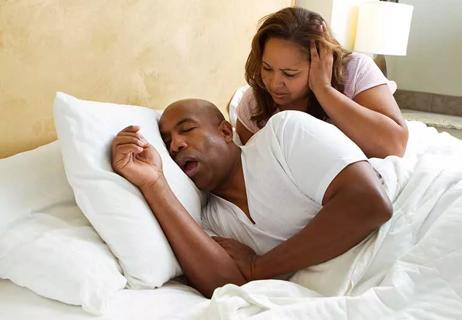
Ignoring the warning signs could put you at risk for serious health issues
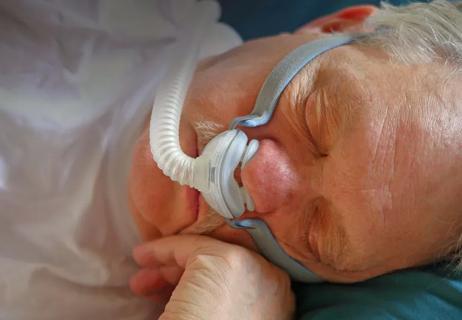
Sleeping disorder may increase danger of cardiac event
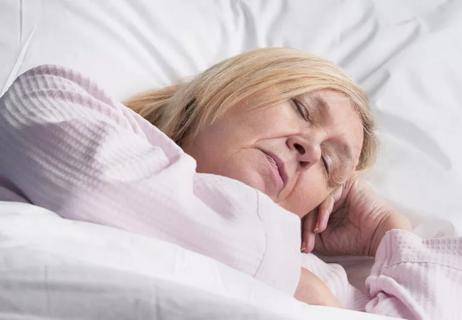
New study points out need for increased awareness
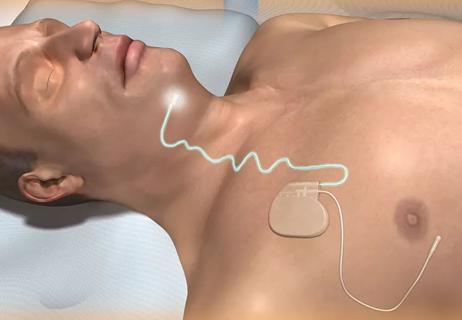
FDA-approved nerve stimulator helps open your airway
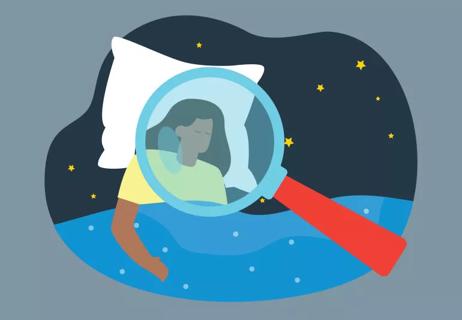
Studies are customized for each individual, but be sure to bring your favorite pillow
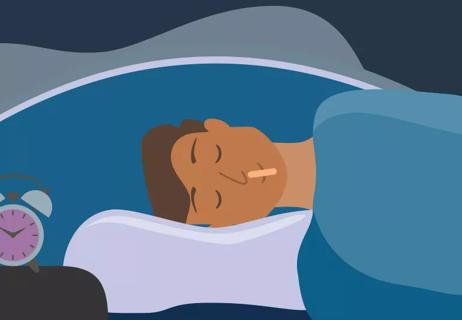
Mouth taping isn’t a recommended treatment for sleep apnea or snoring
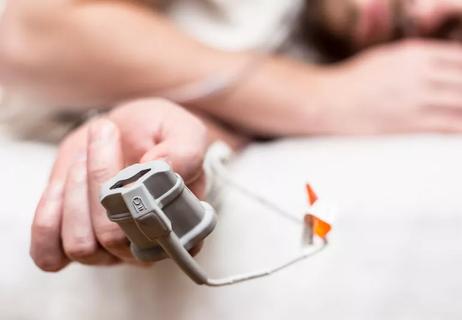
Here’s what to know from a sleep medicine specialist
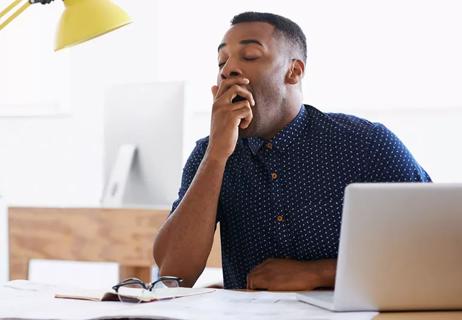
This connection is yet another reason to seek help for OSA

Type 2 diabetes isn’t inevitable with these dietary changes

Applying a hot or cold compress can help with pain